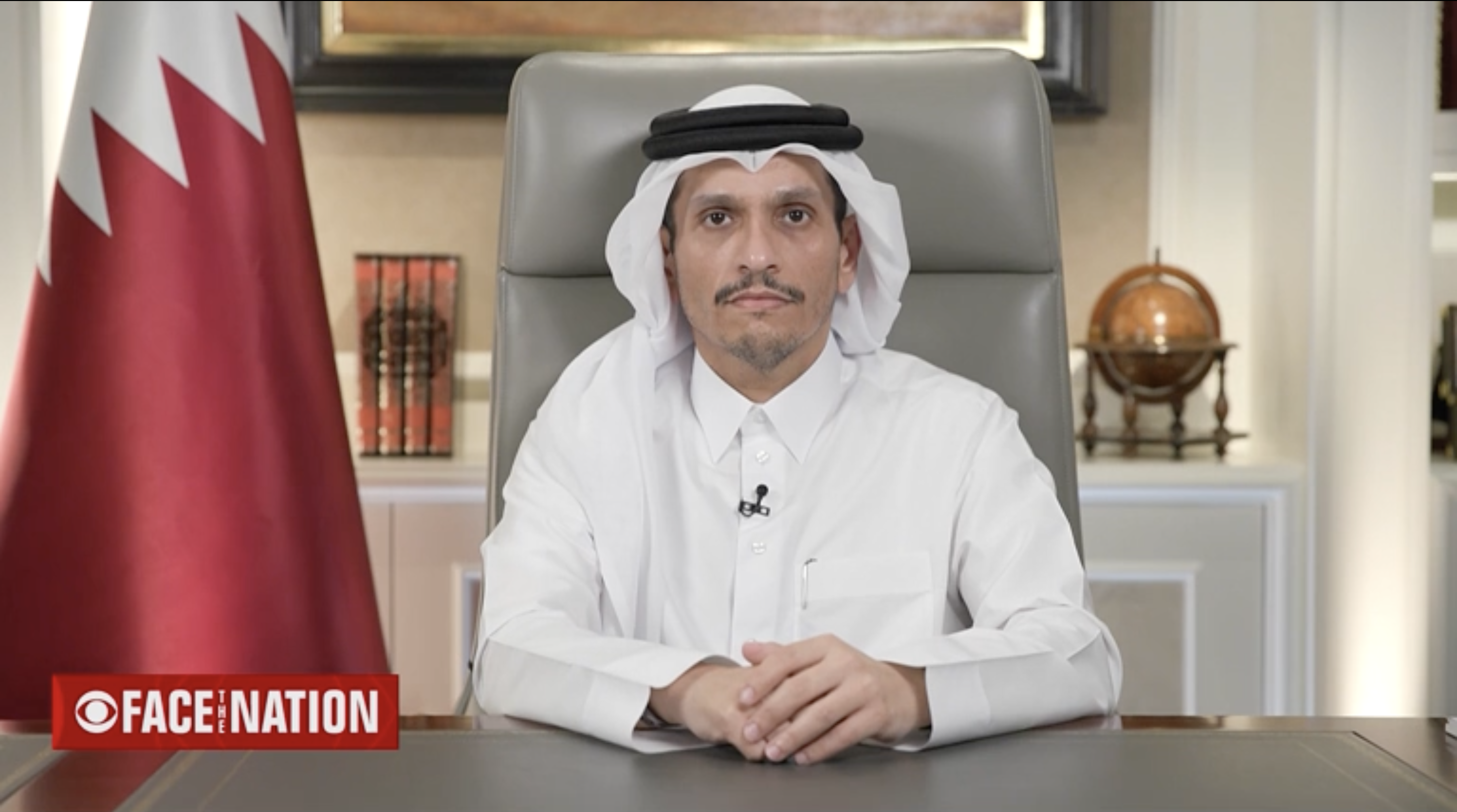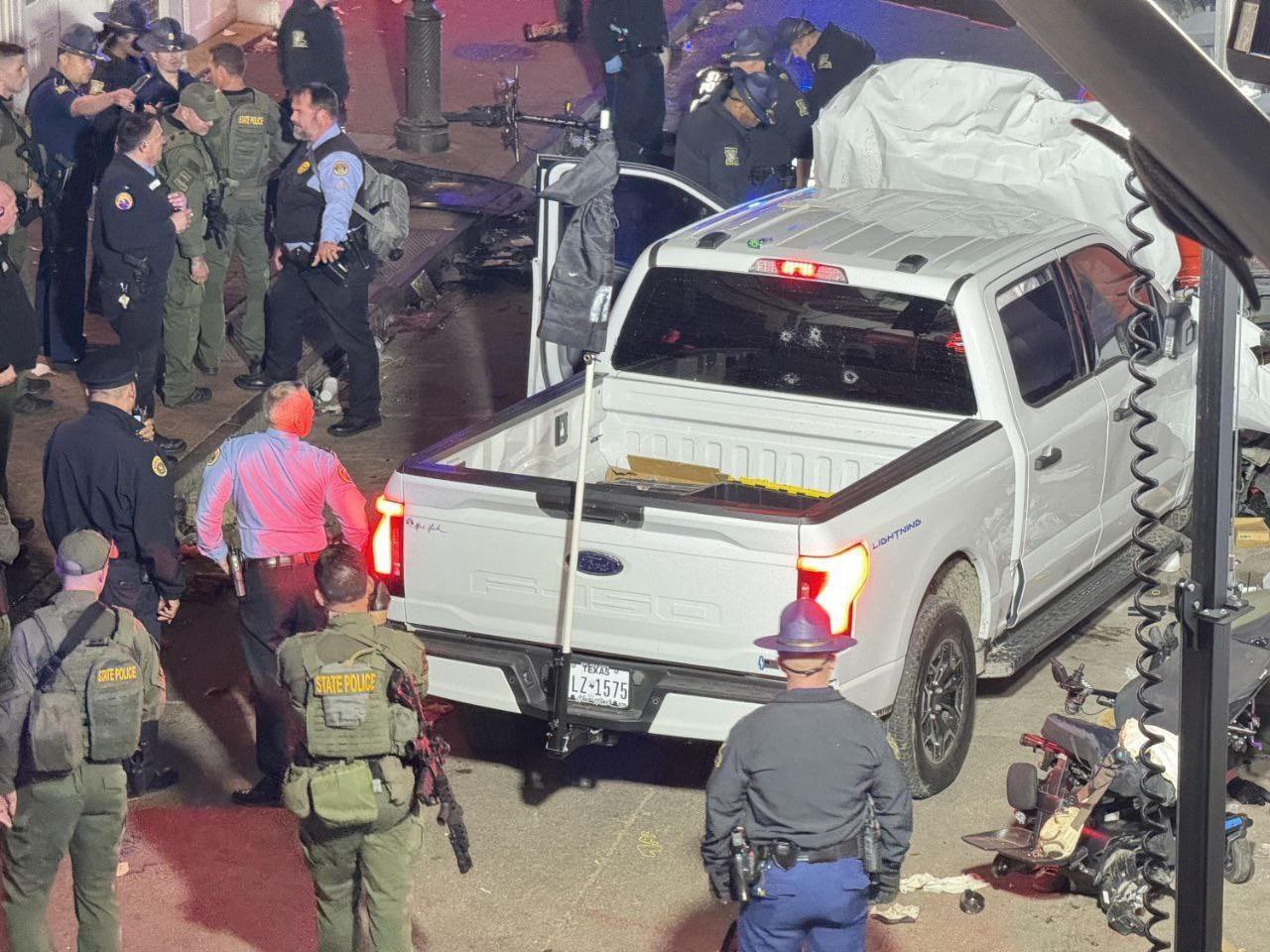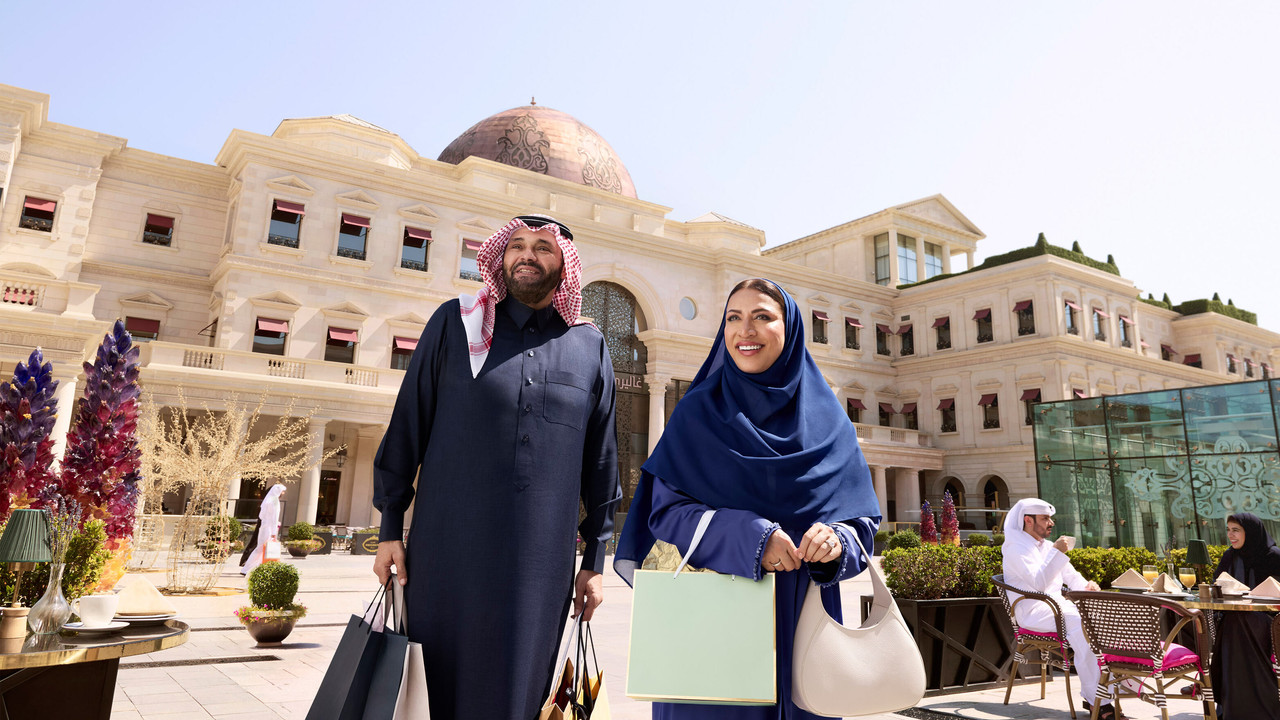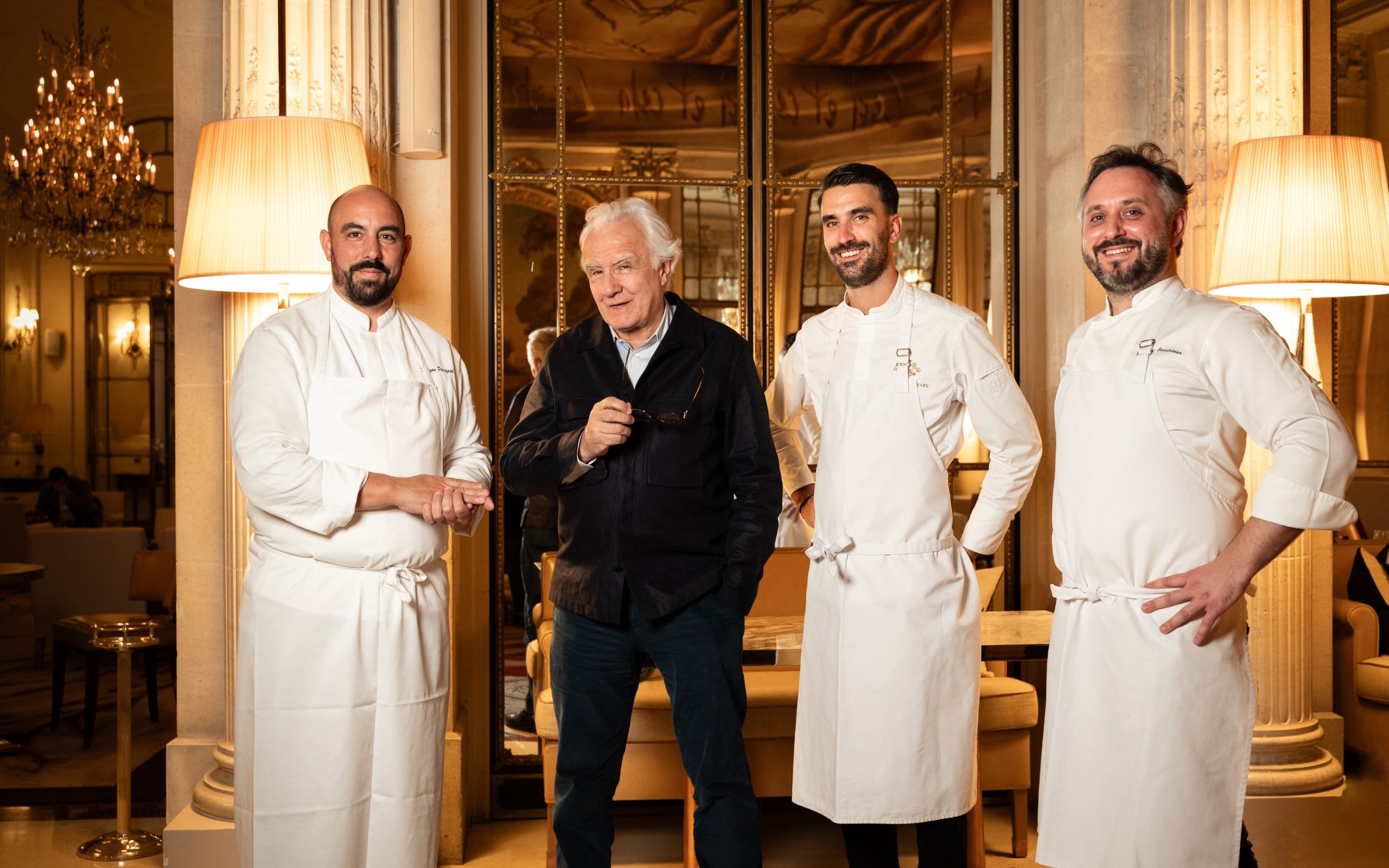Qatar’s Prime Minister Sheikh Mohammed bin Abdulrahman al-Thani slams Western countries for not pressuring Israel to cease its war on Gaza, warning Israel’s actions threaten to radicalize young Arabs.
Qatari Prime Minister Sheikh Mohammed bin Abdulrahman Al Thani has criticized the
West’s response to Israel’s ongoing assault on Gaza in an interview with the Financial Times (FT), highlighting the lack of regard for Palestinian lives.
“There’s a big disappointment in the region from the west’s reaction. Yes, we agree what happened on October 7 was a horrific attack, we condemn killing civilians… we were expecting from the west that the killing of Palestinian people is something to be
condemned,” he said.
He urged the international community to respond with the same level of condemnation as in other global conflicts.
“The lives of people are the lives of human beings, whether they are Palestinians, Israelis, Ukrainians or Russians — whoever they are,” he added.
The Prime Minister’s statements come in the wake of Qatar brokering of a truce – including a delicate hostage deal – between Hamas and Israel, a task that has placed the Gulf nation at the forefront of diplomatic efforts in the region.
In interviews with both the FT and CBS News on Sunday, Sheikh Mohammed, who also serves as Qatar’s foreign minister, explained Qatar’s role in attempting to resolve the conflict.
Extension hinges on Hamas locating captives
Speaking with CBS’ Margaret Brennan, Sheikh Mohammed detailed Qatar’s intensive
involvement in the negotiations, highlighting the nation’s unique position in facilitating dialogue.
“We’ve been working very closely with the US government, with the White House, and we are hopeful that we will see the release happening shortly,” he said, referencing the expected release of hostages, including four-year-old Abigail Edan.
The Prime Minister conveyed a cautious optimism regarding the progression of the
negotiations regarding the extension of the four-day truce.
“We are hopeful. This is something we cannot confirm yet until we get to the fourth day, then Hamas should present the list if they are available with them,” he said, indicating that the potential extension of the ceasefire is contingent on Hamas’s success in securing the release of specific hostages.
Qatar’s PM told FT that more than 40 other women and children were being kept captive in Gaza who were not believed to be held by Hamas.
Outlining the terms for extending the truce, the said: “The agreement has a provision that if Hamas are able to prove, to locate, and secure some of the hostages, then it will be extended.”
Qatar’s communications with Hamas
Sheikh Mohammed clarified the nature of Qatar’s interactions with Hamas, focusing on diplomatic channels.
“Our dealing is only with the political office in Doha, and the representatives in that office are communicating with Hamas in Gaza, and they are bringing information from them,” he told Brennan.
This approach delineates Qatar’s method of engaging with the political representatives of Hamas rather than its military wing.
He also shed light on the challenges in communication, saying: “Normally what we have seen throughout these negotiations, the information is only provided at the time of any agreement, or when it’s happened, but they never indicate something earlier, and this is a pattern that they’ve been using as part of their methods for a very long time.”
Strategic importance of Hamas’ office in Qatar
Qatar welcomed the resistance group’s political bureau following a request from the US after Syria’s Assad regime expelled it, preempting Washington’s fears of a potential Hamas alliance with Iran or Lebanon.
The Prime Minister defended the presence of a Hamas office in Qatar, emphasizing its
significance for regional stability and as a conduit for dialogue
He compared this to Qatar’s past dealings with Afghanistan’s Taliban, suggesting that while such approaches might not always be popular, they are necessary for effective conflict resolution.
“You cannot end the conflict by speaking to your friend. If there is a conflict, you need a friend to speak to your adversary or to your opponents, and I believe Qatar represents the perfect friend of the United States to speak to those adversaries and multiple parties,” he said.
Unwavering support for the Palestinian cause
Sheikh Mohammed reiterated Qatar’s longstanding commitment to the Palestinian people during his interview with CBS.
“Our relationship is with the Palestinian people, with the Palestinian cause. Our support for the Palestinian people has been ongoing for decades. And this is what Qatar stood for. Whoever is governing the Palestinians, it’s their choice… our focus right now is how to end this war, how to ensure that this is not repeated. And the only way to ensure that this is not repeated is to resolve it peacefully, to have a political solution and provide the Palestinian people with a political horizon for a state.”
He also shared his vision for the future governance of Palestinian territories: “Who will govern Gaza and the West Bank should be one unit, one country, under one leadership that will be chosen by the Palestinian people.”
Qatar’s missions in Gaza vs Israel
The Qatari Prime Minister underscored the nation’s humanitarian efforts in Gaza, saying that the Gaza delegation is focused on “ensuring that humanitarian aid is sufficient, that the humanitarian aid is going in Gaza and it’s a pure humanitarian mission.
He said that in Israel, Qatar’s delegation plays the crucial role of “monitoring the operation of the releases and ensuring that everything and any concern is addressed as early as possible.
Diplomatic efforts in Ukraine
Expanding on Qatar’s role in global diplomacy, Sheikh Mohammed highlighted the nation’s involvement in the Ukrainian crisis.
When asked about Qatar’s efforts to bring back Ukrainian children taken to Russia, he emphasized the country’s commitment to international peace and security.
“Qatar has been mediating in different conflicts that not only exclusive to the region. But even beyond that.”
“We carried out this role based on the request from the Ukrainians in our constant exchange and communication with them,” he said.
He added that another group of children was expected to come back to their families before the holidays, but did not disclose the exact number of children expected to be repatriated.







